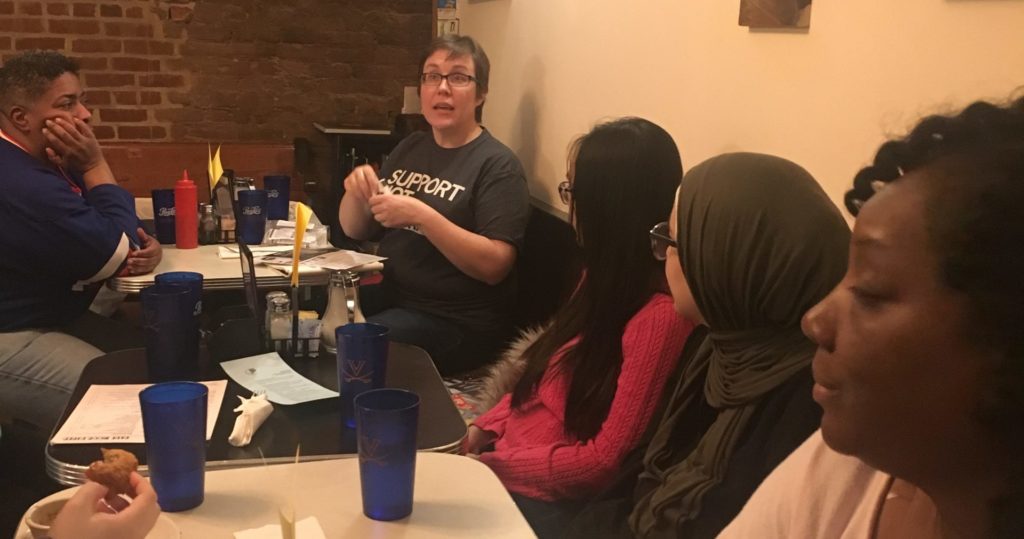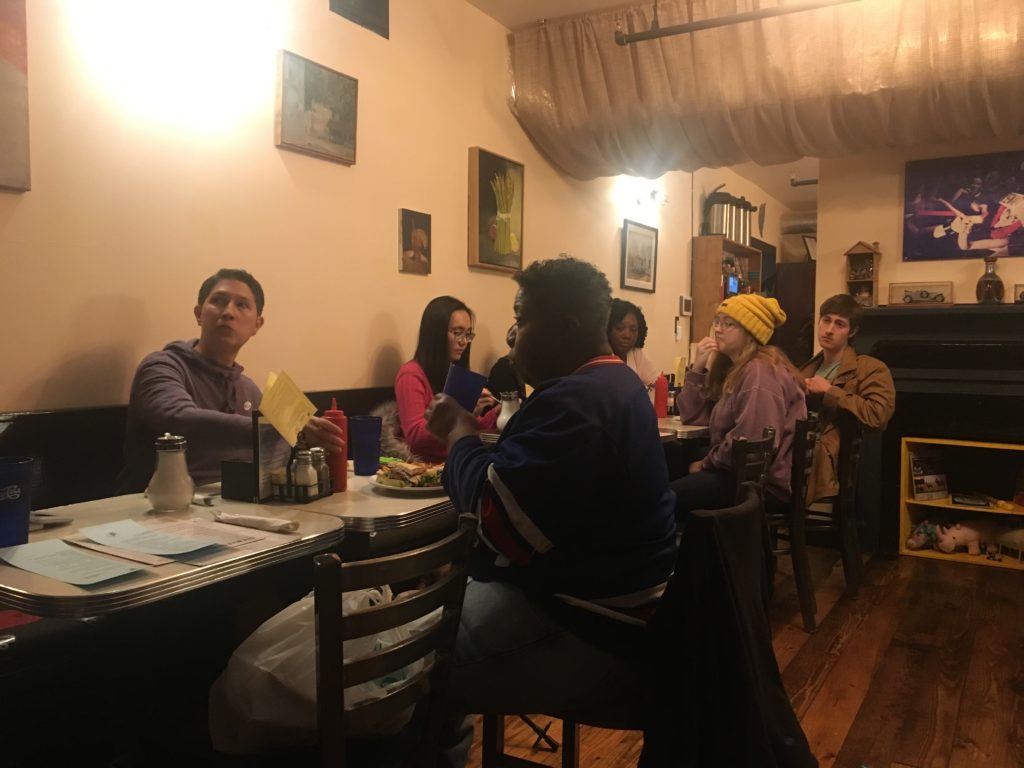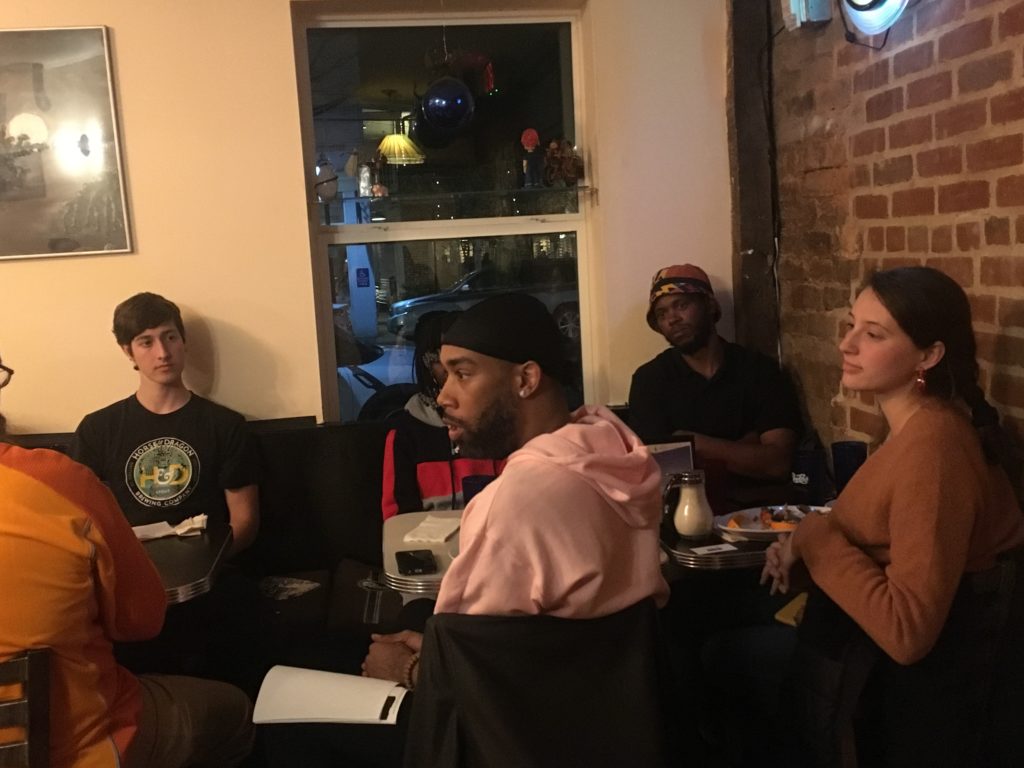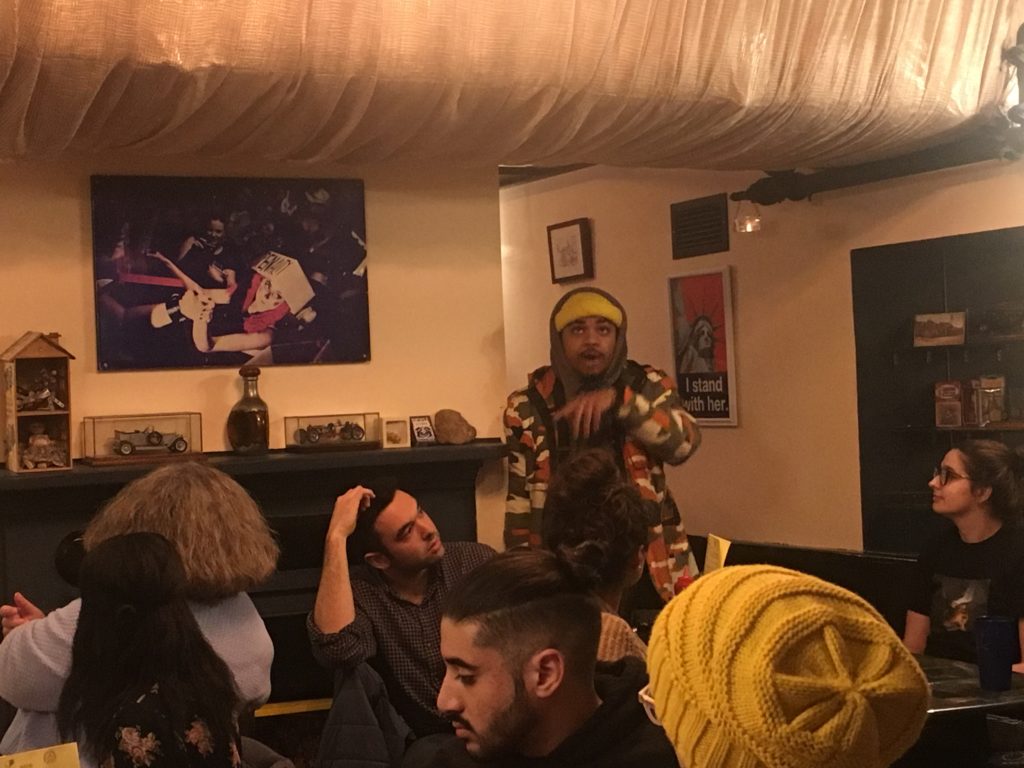Hi friends,
There is a real need to make sure that our local farmers are able to adjust to these new market conditions so that we can ensure that we continue to have local produce and meat available in our region.
I am fundraising $7000 to have 20 shares available to local families. Bellair Farm is generously providing these shares at a 50% rate– so we are able to feed one family with local produce for 20 weeks at $344.
This solves an administrative problem for Bellair. I (and some yet to be identified teammates) will distribute the food to the 20 families for the summer, reducing Michelle’s and team’s load as they transition to the new distribution model the coronavirus outbreak requires.
Within 2 hours of launching of this, enough money has been raised to support one family for the summer. This is a reminder that we do not need committees, or nonprofit status, or bureaucracies to keep our community safe. We simply need trust, a will to action, and a willingness to share our resources. Instead of, or in addition to, please contact me with:
- Other farms/farmers that have identified needs to be satisfied
- Suggestions for families that could use and benefit from this produce
- Questions about how I am selecting families
Thank you very much. Thank you for all that you are doing to keep community safe.



